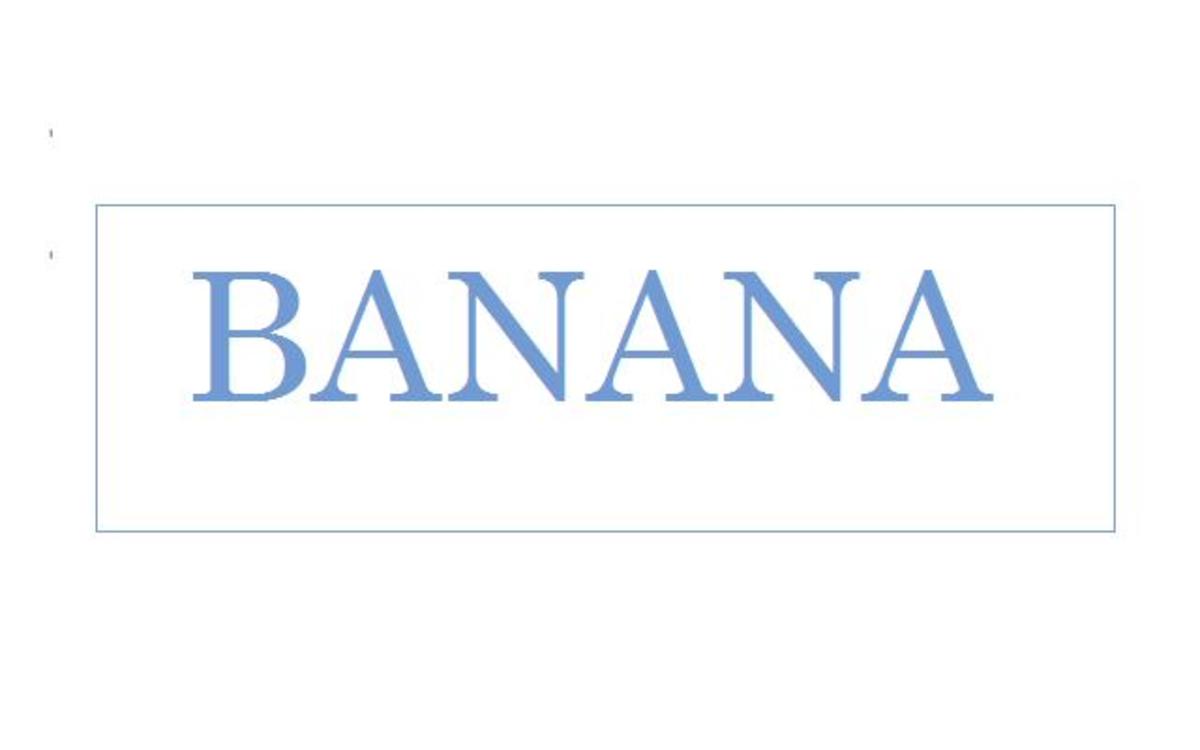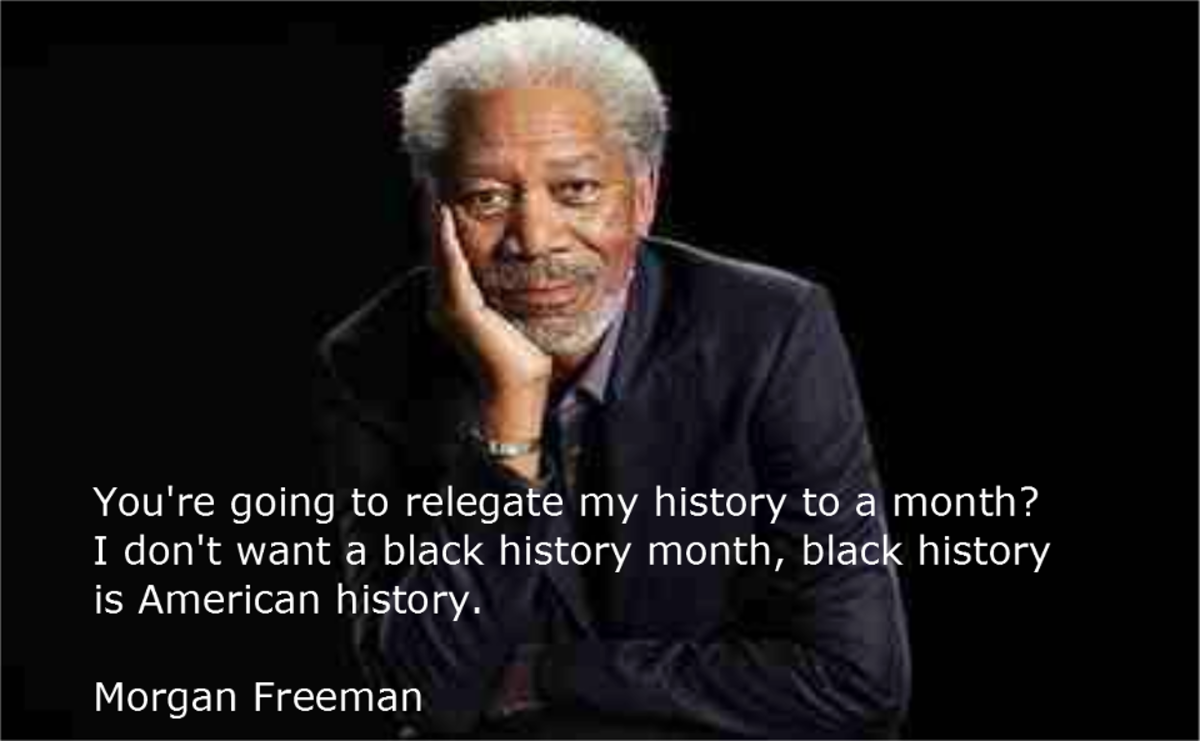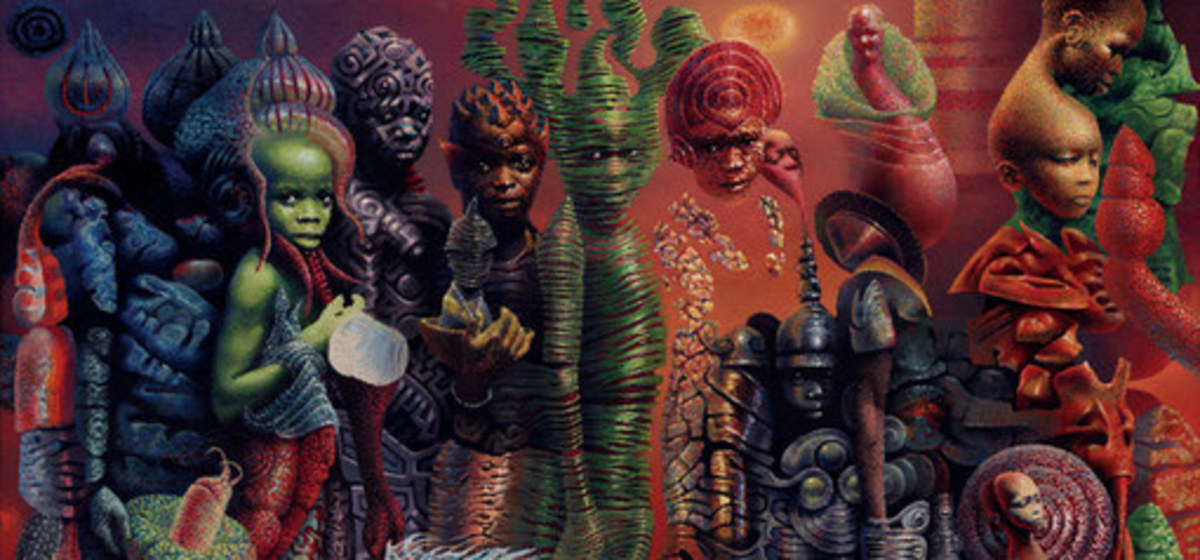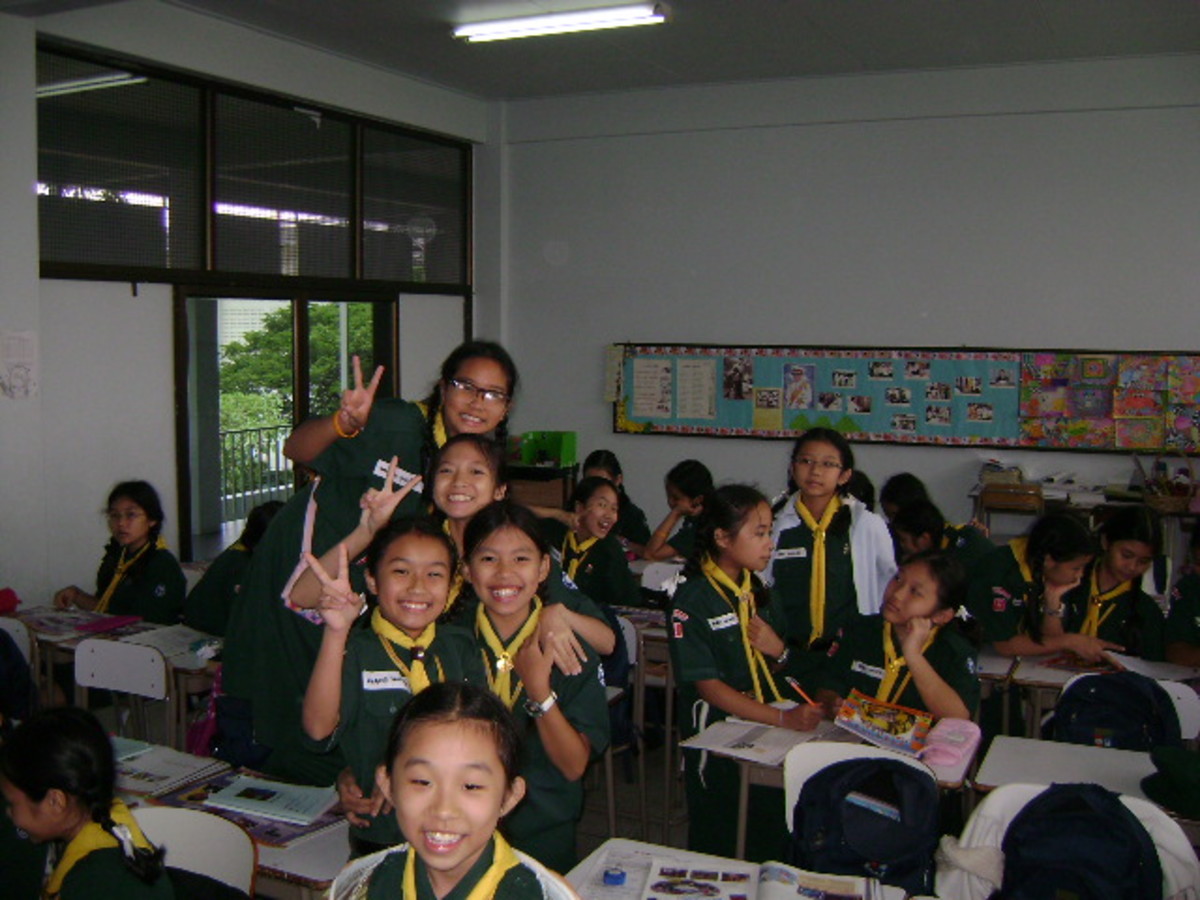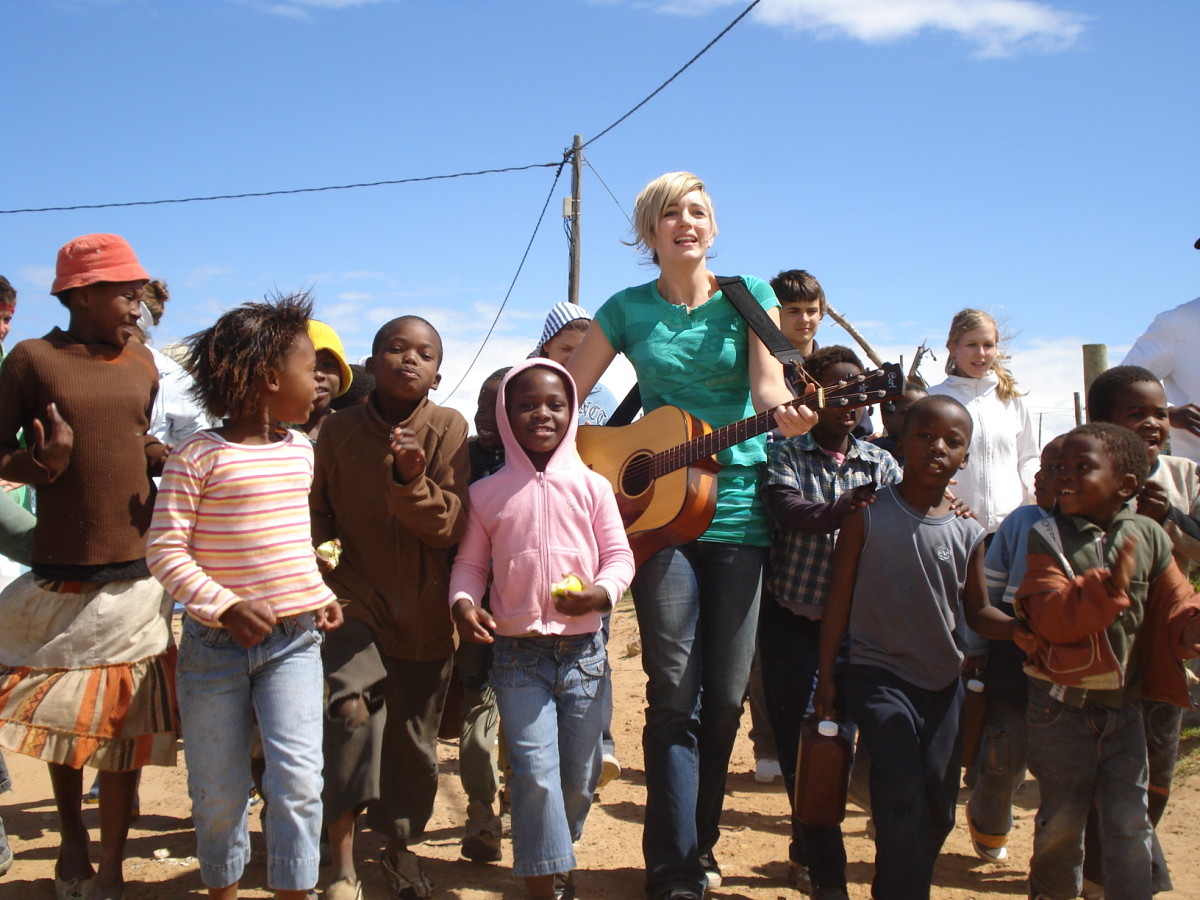What Is Racism? How Language Is Misused Today
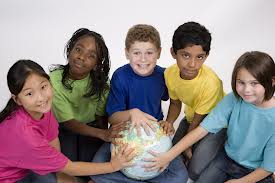
Racism in Language
By The Junto of North America; North-east Chapter
Preface
There is a metaphor concerning social change that describes society as a boat, and when it is tipped too far one way it will either take on water and capsize or it will have to tip back the other way, equally as far, before it can correct its path and direction. This analogy is useful in examining the way we regard and react to certain subjects and movements that the majority tends to move through, how we got to where we are, and how to arrive at where we need to go. It also demonstrates how some social movements may seem counter-productive, but they are really necessary to setting up relevant social change. When ever harmful radicalism is exposed it usually empowers those who are against that particular leaning. One side of an issue is benefited by any act or event which demonstrates an ethical flaw in the other side. The how and why of it, while not excluded, will be less a focus here than where we are and what might be improved to recover the boat.
How we need to deal with Racism in Language
"Great people define themselves by what they do; good people define themselves by what they are; bad people define themselves by what others are."
The word "race" itself has become confused in itself. Things have gotten so perplexed and politically charged that even admitting an awareness that people are different has led to the fear that one it somehow doing harm by using general terms without prejudice for specific groups of people. This view benefits no one as it only serves to hinder communication without enabling anything. Race is a socially defined concept and so it does not have a set definition, it is constantly changing in its meaning as a society amends its reasoning. This is true of all language.
"Race" means most simply: a concept used to categorize humans into distinct populations. Now this can be done in many different ways; we can identify populations culturally, genetically, religiously, historically, geographically, politically, socially, etc, and we do identify people and ourselves by these subsets.
While we are all part of the overall race of mankind, we may also be female, white, slavic, roman-catholic, American, working class, republican, diabetic and blonde all at once. But it is the term "race" that categorizes people primarily by their physical features and dominant ancestry.
RACISM the word
Recently, civil rights have become confused in its attempt to further its cause of ending inequality, intolerance, and bigotry; instead promoting those very values it sought to suppress. This confusion is caused from identifying something as wrong and then just assuming anything that shares some similar characteristics of the wrong, is also wrong without intelligently examining the "related" idea completely. It happens when we take certain shortcuts in thinking in order to function more efficiently (For example: I do not like the taste of eggs. There are eggs in cookies. Therefore, I do not like the taste of cookies.). This thinking is dangerous because it undermines our original identification of a wrong and then hampers an effective remedy of that wrong. Once our logic has been corrupted, it tends to harm the good of our idea along with all else. This is true even regarding well used words or phrases. The first and most important being the word "racism", what it really means and how we use it
The word "racism" is any awareness or depiction of race. This is neither negative nor positive, but a neutral term. It is only the use and intention of racism that causes it to become a negative (which we call "racist") or positive (which we would call "racial") thing. "George Washington was white." That is a racism in that it recognizes the race of George Washington. But it is the intention of the statement that can make it racist (negative) or not. If the statement was made in response to the question "Was George Washington white?" then it is an accurate answer and an example of racism that is not negative and so therefore not harmful. It is an example of racism that is racial, but not racist.
If it was given as an answer in response to the question "Was George Washington good?" then it becomes negative racism (racist), whether you think it means that his being white clarifies him as bad or good, because it attempts to make his race a description of his humanity, which is essentially wrong.
This is where the flaw of the word/s and how it is used becomes relevant. In some instances the recognition of a person’s race may be detrimental to that person or that race, but not necessarily. It can also be exalting or clarifying to a person or a race to recognize a specific race. The failure to recognize the important line between what is racist and what is simply racial causes ideas, words, and acts that are in fact positive and progressive to the cause of equality and justice to be lumped into "racism" as a purely negative concept. When this occurs, the improvement of the cause is lost.
This is so because negative racism is something wisely sought after to end, and if not end, then to hinder or discredit; while racism that is not negative is necessary to the psychological health of the people. The differences between these two entities are important to clarify.
Racism that is not negative is recognition of race in a way that seeks to exalt or clarify. In other words, it is something that clarifies a specific race but does nothing to judge whether that race is good or bad; examples include Black History Month, Irish Day parades, Chinese new year, Oktoberfest, Holi, etc – these things serve to build up the individual, without causing harm to any other race, in a way that benefits society as a whole. Racial ideas such as these identify differences and celebrate them without injuring or belittling anyone of different ancestry.
Negative racism (racist) is recognizing race in a way that seeks to belittle, harm or disenfranchise. In other words, it is something that clarifies a certain race with the intention of belittling that race or all other races save one: segregation, anti-Semitism, hate-crimes, etc.
National Black History month is in fact racism but it is not negative or racist. It encourages education and awareness of a specific culture whose history has been neglected in the past, especially in the United States. The idea of a month dedicated to the history of a specific race promotes recognition of the value of a particular people to the world without belittling any other race. This is positive, but certainly racism. This confuses those who have been led to believe that anything that acknowledges differences between groups of people is somehow wrong. (Since this idea makes no sense on any level, so it is no mystery why people are constantly upset concerning it.)
So we see that racism in itself is not necessarily bad, it depends heavily on the intentions of the act or concept. There are specific and recognizable attributes that cause racism to be negative or not. These attributes are important to understand so that positive ideas do not become thwarted in their intent to enrich by their mistaken association with that which is intent on depriving.
An example of racism in action that illustrates the point can be seen in the experience of George, a worker at a hot pretzel booth at the mall. There is a standard amount of pretzels that are made fresh in specific amounts and are available for sale. The majority of these pretzels are salted, though the almond, Italian, and sugar pretzels are also available but produced in smaller quantities as they normally sell less often. This is a tried and true model for the best customer satisfaction.
Usually.
Upon being informed that a celebration and commemoration concerning people of overwhelmingly Chinese descent was to take place at the mall, the workers of that particular hot pretzel booth decided to make a surplus of Almond pretzels for that particular event. The outcome: their customers that day chose almond pretzels as an overwhelming majority. They got the pretzel of their preferred taste fresh and ready without long delays and the pretzel booth succeeded in its business purpose to be profitable because of their understanding of the general preference choice of their consumer.
Was this racism? Certainly.
Was it unethical or bad or racist? No, everyone involved had a positive experience that was only improved by the racial idea that the tastes of different races can vary generally. If the pretzel makers had continued to produce pretzels only following the regular sales model and ignored the general taste differences during this time then the consumers would not have been adequately served and the business would have failed to be profitable. No good was apparent refusing considerations of race and only good was achieved by abiding by understanding of the GENERAL differences among people and respecting those differences.
A valuable method that can be used to distinguish if a general idea about a race is racist or simply racial is to ask yourself if the stereotype that is being referred to is a bad thing or not (does it belittle or demean or suggest something is wrong with the fundamental character of that people)?
For example, consider the American stereotype "Black people like watermelon." Is a watermelon a bad thing? Does preferring watermelon or any fruit for that matter make you a bad or good person? -Or- Does it show some flaw or virtue in your character? If a watermelon is not bad and liking watermelon is without any moral or character implications than saying "Black people like watermelon." can only be a statement that is either generally true or generally false. There is no judgement or insult in the stereotype. Therefore, the statement is not racist, it is only racial Now if a black person does not like watermelon, does he cease to be a black person No, because generalizations are not meant to define the individual, they are meant to describe the general populace. An individual is free to like whatever fruit he chooses and to change his preference as he pleases. Understanding that what is generally so is not necessarily individually so is important to realizing that one is not being limited by or harmed by these broad descriptions.
Racial Slurs
Language is an amazing tool. Unlike most tools, language is in a state of constant change which mirrors the prevailing changes in a society or parts of a society. How it is used or misused is important to how well it works. Language is a complicated tool for communicating; as a tool it is to serve the people, not for the people to serve it. Words in themselves cannot be good or bad, just as other tools are not good or bad. They can only become good or bad by the way they are wielded, and with what intent. A knife is crucial for cutting, carving and literally thousands of valuable uses. Just because someone can pick up a knife and do harm with it does not cause that knife to be bad, only the person using it for that bad reason. One mistake we don’t want to make is to think that if we try to limit knives we be able to limit peoples misuse of them or abuse of each other. All we would do by limiting knives is prevent all the value they have from being available, handicapping the good while those who misuse and harm can utilize practically anything to achieve the same results. Often we forget that a tool is to serve our needs and try to punish it (the tool) rather than focusing on overcoming its misuses. So it is with all language.
What if a tool becomes no longer useful? A tool is always useful; it is inherent in its design. If another tool serving the same purpose becomes more useful and effective than another tool then the less-effective tool will naturally become less used or not used at all. Not because that tool no longer functions, but because its function is no longer as effective. This is not an act against the less-effective tool; it is a natural progression toward improvement. The less-effective tool is not banned; the preference of its use has simply changed and will change again with time.
While language needs a set of rules (i.e. grammar, spelling, etc) to create a uniformity that enhances its effectiveness for communicating, it also needs the freedom to evolve in ways that best serves us. While spelling can be poor and grammar can be bad, it is not bad or poor morally, only structurally (and there are still uses for these things even in their poor or bad states). Language is dynamic in that it constantly changes, as all things living must, so that rules concerning language are guidelines and not laws.
A racial slur is a word that is a race-specific insult. Sometimes, they don’t start out as insults but as word identifying a certain race. They become insulting when the parties using that word most see that race as bad or inferior in some way or the people being referred to decide to take offense to that term. Over time the stigma of that particular negative use becomes automatically associated with the word simply because a majority of those familiar with it begin to consider it as negative. A word changes through its use and associations. Sometimes the word becomes insulting not because it is used as an insult but because some of the race being identified is uncomfortable being identified at all by that particular race or in that particular way; since the users of that word have not used it as an insult it is not a slur since harmful intent is necessary to make a word a slur. So if a word is normally a slur, but then is used as a term of endearment or camaraderie, it is not a slur in that context.
(Knowing the history of a slur is a very good way to get to the roots of its creation and the process of its evolution.)
Racial slurs are just insults that are race specific. The fact that slurs can exist at all demonstrates that our society is fundamentally racist in its thinking even when it purports to anti-racist. How can this be true? If a word means a certain race, then it cannot be bad or a slur unless it is understood that being that particular race is bad in and of itself. For example, let's say blue-eyed people are called "Blu-Bees". For the word "Blu-bees" to be considered an insult, then we must all agree that having blue eyes is a bad thing. If having blue eyes is not a bad thing, then someone describing a person with blue eyes as a "Blu-bee" is not a slur or insulting in any way. In other words, believing that a word (or words) that are synonymous with a particular group of people is negative is to affirm that the group of people being described are fundamentally negative. Therefore, supporting the belief that racial slurs are racist is support of racism, bigotry, and all the notions of people being inferior of superior based on their race. Ironically, being offended, insulted, or otherwise negatively impacted by the use of racial slurs is a reinforcement and endorsement of those negative racist beliefs.
All insults are words intentionally used as weapons to do harm. They are a way to make one feel superior to another in a superficial way -or- an attempt to injure. An insult that is not used to abuse is not an insult just as a racial slur not intended or used to cause harm is not a racial slur any longer. Its classification as wrong or right is dependent upon the intentions of the word-user, not the perceptions of the listener. If you take offense where no offense was given, then it is you who have committed the crime.
Also, many words used to denigrate can also be used to praise. The same word that puts one down can also be used to put one up. History is filled with examples of words and phrases that were used to slander someone (or something) being used also with a sense of pride or to exalt.
For example, the phrase "Yankee" was originally used to insult the American colonists. Instead of being hurt by this phrase, the American colonists began to use it as a title of pride. What did this do to the slur "Yankee"? It took away all of the power it had as a term of abuse. How can something mean one thing and then mean the complete opposite? The difference is intention. What good did it do to the colonists to allow the British to cause them harm simply by uttering a word? None. What good did it do the colonists to take that slur and use it as something to be proud of? Much good. It now gave them identity, independence, and dignity; all because they would not allow another the power to harm them in such an easy way; all because they used the tool for better reasons with better intentions. They made the word useful to themselves again, and while the British still used it to try to insult, the colonists generally had no desire to be offended and so were not offended.
Ineffective Method
Often when a specific word comes to be attached to a large amount of emotional, historical, and political baggage the first response is to simply banish the word from usage. This is wrong for many reasons. Two of those reasons are: 1.) a word being banished is only given more power by that banishment, and is therefore a more useful tool to those seeking to use it for harm (usually the same people and thought-processes that helped it gain its hurtful stature in the first place.); 2.) Banishing the word does not deal with the problem; it blames the word and does nothing to manage the ideology behind it. When we avoid words because of their negative racist meanings we confuse justice with censorship. What happens then is that instead of changing racist ideas we just divert them to other means, which solves nothing. New words and phrases can simply be recruited to serve in the same negative racist function. It is the idea that people’s characters are defined solely by their genetic make-up that is false. That idea is not served by avoiding the language used to promote the idea but by showing that the idea is not true.
Conclusion
Language is a map. The better map you have, the easier you will be able to travel or advise. But if you forget that the map is not the real place, you will find yourself in a swamp with no indications of how to escape.
The alphabet only orders the sounds of language; it does not make the sounds. Words are not the actual things they represent (i.e. the word "house" is not an actual "house"). Names are not the actual people; they are a title used for specific identification purposes. Language is a shortcut through the dense forests of comprehension. Communication is here to help us relate to and understand one another. It is a corruption of language to think that language can in itself alienate, or offend, or that interpretations are correct and incorrect when they can only be correct and more correct. Words do not carry emotional baggage, people do. We are responsible for our own actions and reactions. You can be upset by ideas but not by words. Words are messengers and killing the messenger is misplaced aggression.
Since language is a creation of communication and words are the tools to build communication, denying the use of some tools weakens the ability to communicate and undermines the purpose of language. While limiting the use of words in certain places or situations can be a form of courtesy, banishing words deliberately from all use is an ineffective way to deal with any idea. A word has no intention other that to serve its user, so calling it bad or evil or anything else that implies intention is nonsense. Understanding what language is and what it is for is key to its best use.
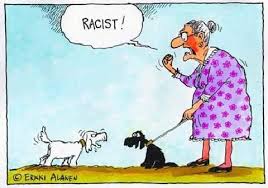
Is the difference between "racist" and "racial" clear?
Is the concept of "language" and what it is for correct?
© 2015 Michael Kitz

